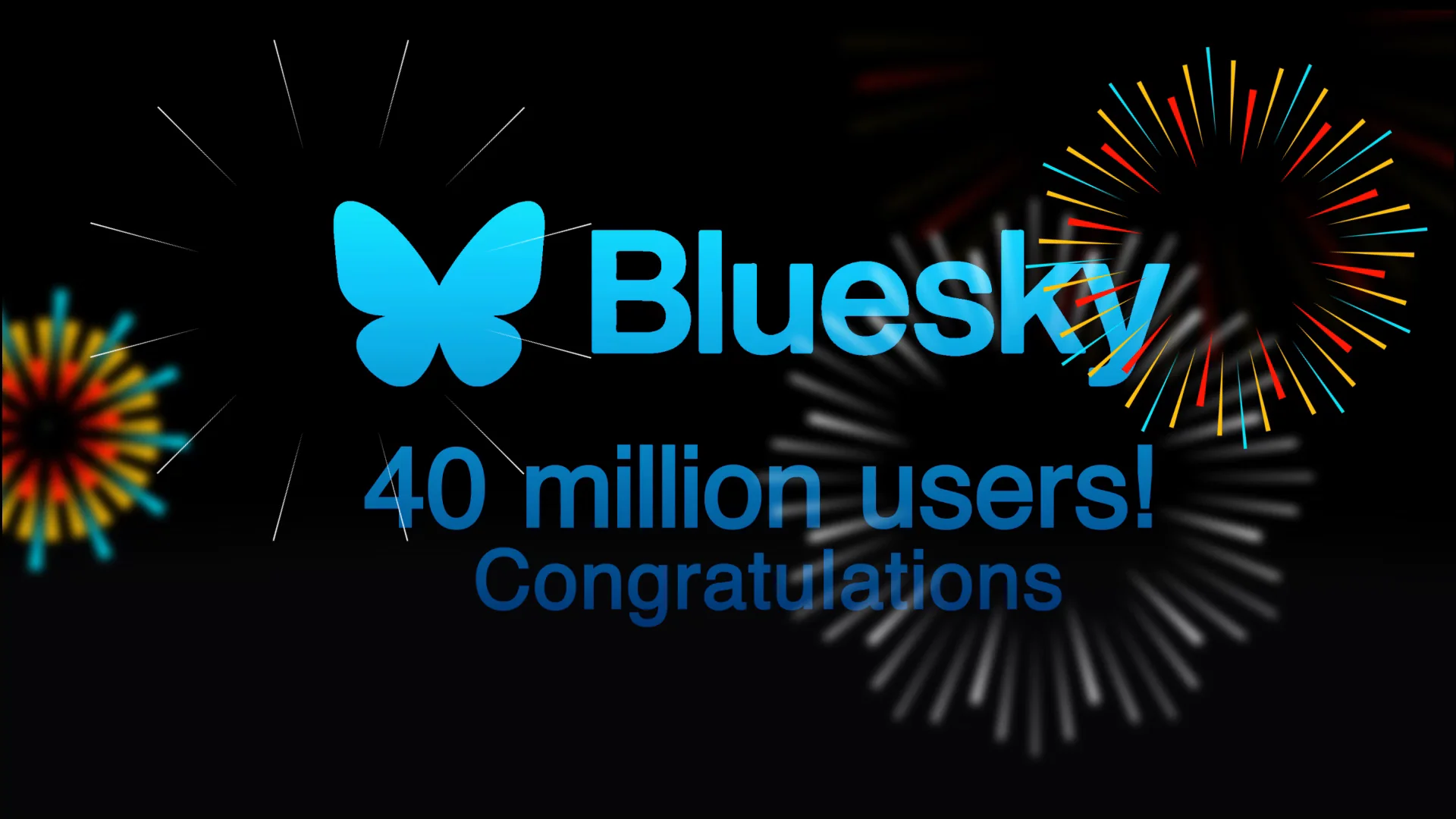Social network Bluesky has announced plans to roll out a “dislike” feature aimed at enhancing user personalization, following its latest milestone of 40 million users. The new option, set for beta testing soon, will allow users to mark posts they don’t want to see, helping the platform’s system learn individual preferences and refine content ranking on its Discover feed and reply threads. The move comes as part of Bluesky’s broader effort to improve user experience and conversation quality across the decentralized network.
Alongside the “dislike” feature, Bluesky unveiled a series of conversation control updates, including improved detection of toxic comments, new reply designs, and ranking enhancements to foster more relevant and respectful exchanges. The updates arrive amid growing user concerns over moderation practices, with some calling for stricter enforcement against bad actors. Bluesky, however, reiterated its commitment to giving users more control over their online interactions rather than enforcing centralized bans.
The platform currently offers several moderation tools, such as block and filter lists, muted words, and the ability to subscribe to third-party moderation services. It also allows users to detach quote posts to reduce unwanted attention—a design choice that differentiates it from rival platform X (formerly Twitter), known for its culture of public “dunking.” The upcoming tests will also explore new design tweaks, ranking models, and feedback systems intended to make conversations more engaging and personally relevant.
In addition, Bluesky plans to introduce a feature that maps “social neighborhoods,” showing connections between users who interact frequently. This system will prioritize replies from familiar accounts, making discussions feel more connected and meaningful. The company said its latest algorithms better detect spam, off-topic, and toxic replies, while a redesigned reply button will encourage users to read entire threads before responding. With these changes, Bluesky aims to distinguish itself from competitors like Meta’s Threads and X by building a more intuitive, user-centered, and community-driven social experience
